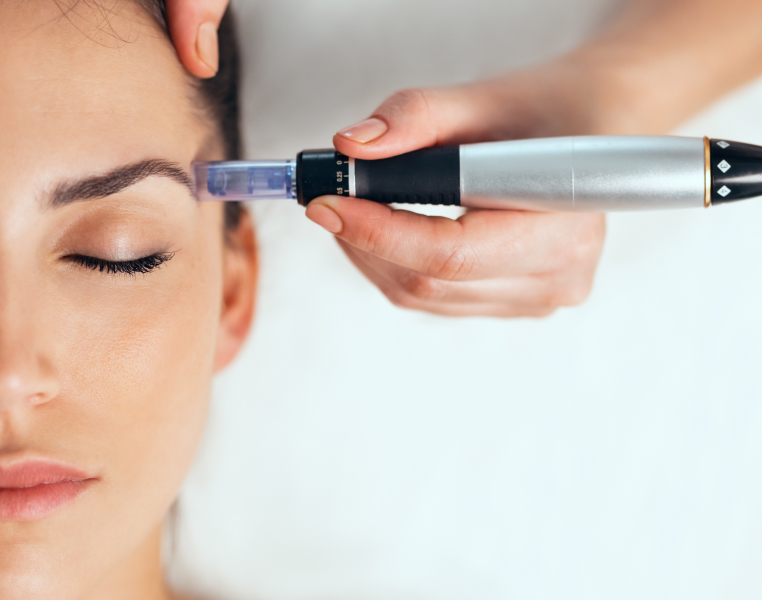Microneedling, also known as collagen induction treatment, is a technique that involves utilizing a handheld device with fine needles to generate microscopic punctures in the skin, boosting natural collagen formation and dermal remodeling to address aging-related concerns such as skin thinning and drooping. Head to limmer dermatology to get micro needling done in San Antonio.
Reasons to go for micro-needling:
Microneedling can be used to treat enlarged pores, acne scars, uneven skin tone, fine lines, wrinkles, sun spots, uneven skin texture, and loss of elasticity. To increase skin elasticity and thickness, three to five treatments spaced one month apart are recommended for optimal results. It also helps to enhance the skin’s outer layer.
Microneedling can be improved by combining it with radiofrequency (RF) energy, which is referred to as Secret PRO. This method produces microchannels in the dermis while delivering RF energy, resulting in a more robust skin reaction and better outcomes. The method also lowers the risk of post-inflammatory hyperpigmentation, which is associated with some resurfacing treatments.
Platelet-rich plasma (PRP) can improve the effects of microneedling. PRP, which is produced from your own blood, is administered to the treated area to accelerate healing and enhance outcomes.
Microneedling and microdermabrasion:
Microneedling and microdermabrasion both enhance skin texture, however, microneedling is more helpful for conditions below the surface, such as acne scars. Microdermabrasion exfoliates with a harsh instrument, while micro needling uses needles for superior results.
Who is the ideal candidate?
Microneedling is for people who are concerned about skin problems such as enlarged pores, wrinkles, scars, and discoloration. It can also aid in the treatment of medical disorders such as alopecia and hyperhidrosis. Microneedling is often used to deliver medications or vaccines through microneedles in a patch.
If you have acne or take acne medication, have blood disorders, are on anticoagulants, have cancer and are receiving chemotherapy or radiation therapy, have frequent skin rashes or cold sores, keloidal tendencies, changing growths, or skin conditions like eczema or psoriasis, consult your healthcare provider before getting micro needling.
Final thoughts:
When should I make an appointment with my doctor? Contact your healthcare practitioner if the treated region has been bleeding for more than 24 hours, blistered, or swollen for more than a week. In terms of microneedling, you should ask your doctor if you’re a good candidate, if you can do it at home, and what other treatment alternatives are available.




